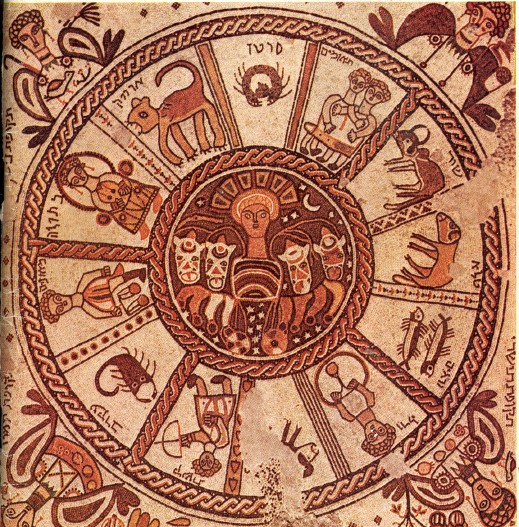
So says conservation biologist Ross Pomeroy at RealClearScience:
Think about it. As you travel back in time though your family history, the number of ancestors you have roughly doubles with every generation. Using the most conservative estimate of generation time — 32 years — in the year 1152, you had as many as 134,217,728 potential ancestors. And since genes are scrambled with every generation, it’s very likely you share little to no genetic relation to most of them. They might as well be strangers!…
DNA testing companies often take this ambiguity and fill in the blanks with impressive stories that you can show your friends and relatives. Though fascinating, these tales share more in common with astrological horoscopes than historical accounts.
Mark Thomas, a Professor of Evolutionary Genetics at University College London is one of the most vocal advocates of this criticism. On a recent episode of the BBC radio show The Infinite Monkey Cage, he said that that appeal of both horoscopes and genetic ancestry tests arises from the Forer effect.
“If you tell somebody something that seems like it’s highly personalized but in fact is very generic — you can apply it to anybody — then people are much, much more likely to believe it. More.

Also, though Pomeroy doesn’t dwell on it, very few such services would stay in business long if they informed their customers: “Your genes show that you come from a long line of habitually dishonest people who were forced to reform because their lifestyle was dangerous on account of the fact that they weren’t—from what we can tell—very bright.”
No, no, it’s for sure got to be cool stuff like royalty or African genesis or Neanderthal man.
See also: Use salt? We thought one needed to do more to be a denialist
and
Eating up the “science” of Whole Foods
When one considers all the “science”-based scams aimed directly at the public these days, it’s a wonder there aren’t more anti-science types and denialists than there actually are.
Follow UD News at Twitter!